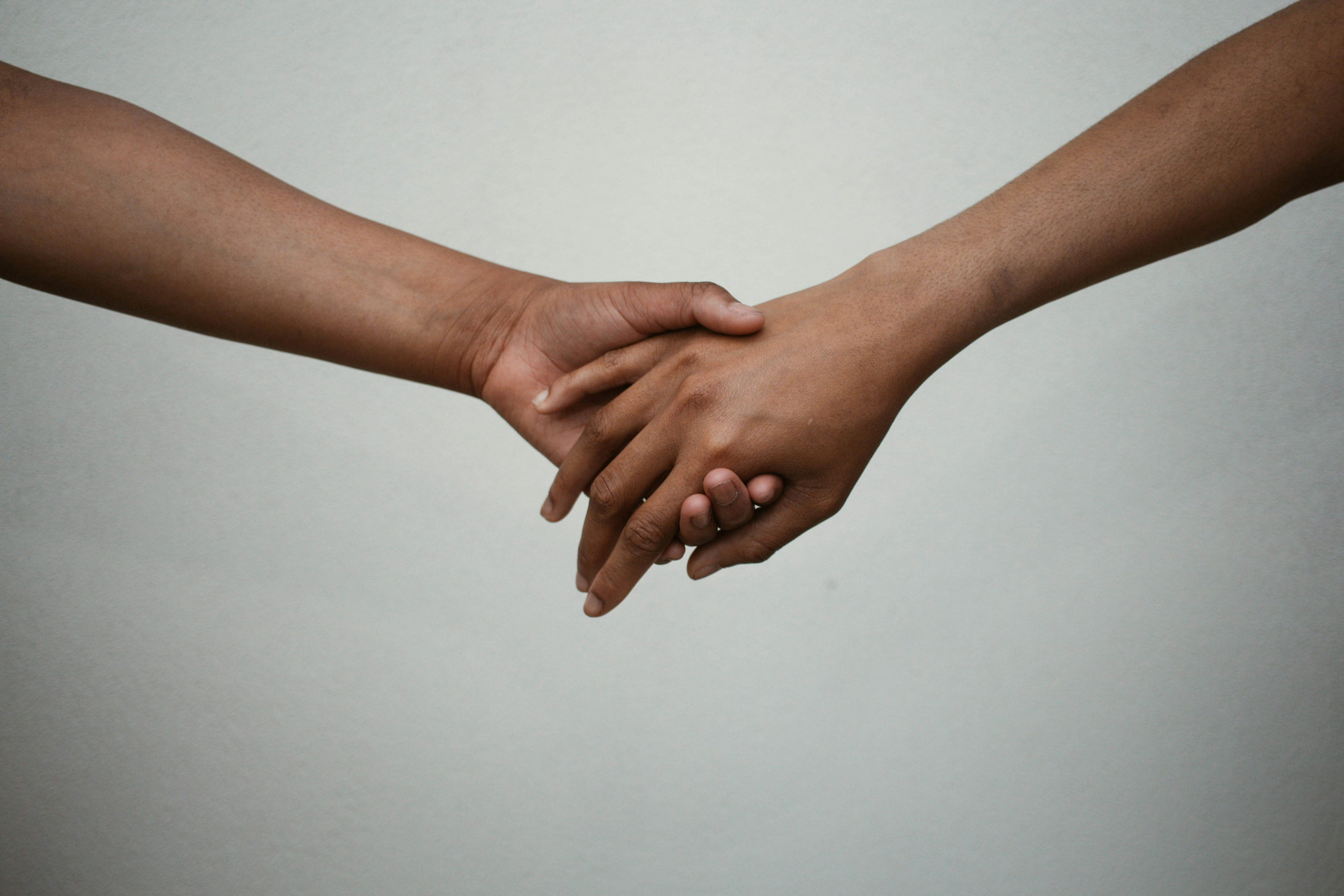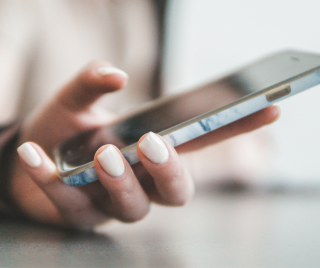
What is Disability Pride Month and why do we need one?
Happy Pride Month everyone!
June and July mark queer/LGBT+ Pride Month and Disability Pride Month. While most people will know what LGBT+ Pride Month is and how it is celebrated, there is more confusion around Disability Pride Month.
If you have ever wondered what, when and most importantly how to mark the occasion, then our blog will explain everything you need to know.
Why do we need Pride months?
Pride months allow us to celebrate, mark and commemorate our communities. Queer Pride started as a protest and has now become a joyful occasion which aims to make the community more visible. It also retains its roots in political protest by highlighting the struggles of LGBT+ people.
Disability Pride Month works similarly in that it aims to highlight the difficulties that disabled people face while connecting the community and making it more visible.
What is Disability Pride Month
In July, disabled and neurodivergent people mark Disability Pride Month in many ways. Some people may prefer to use the month to share political views, comment on current affairs close to the interests of disabled people or campaign for change. Others may prefer to host or attend events for the community aimed at creating safe, accessible spaces.
Some people may also use the month to share information on their situation or health conditions. Many may use hashtags to connect and make their related content more visible.
Disability Pride is built upon the social model of disability and is described as moving away from the medical model of disability. The social model of disability identifies barriers, organisational barriers, negative attitudes, and/or social exclusion which make it difficult for disabled people to go about their everyday activities. The social model seeks to change these barriers rather than a person’s impairment. When these barriers are removed, disabled people can be independent and equal.
There is no right or wrong way to mark the month!
When is disability Pride month?
The entire month of July starting on the 1st.
Why are you talking about disability and joy?
Quite frankly, it’s grim out there.
Between the cost of living crisis, general elections, war….there are multiple reasons why the current climate feels very negative and depressing at the moment. Not to mention, we are often juggling our own health and healthcare which isn’t easy.
Finding time for some joy is essential self-care. It allows us to stop, take a moment and find a way to feel a bit of happiness and maybe a chance to smile.
We asked disabled/neurodivergent people to share with us what brings them joy. This could be what they do for self-care, something about disability that they like or something they love that makes them smile.
What to learn more about Pride month? Visit our blog on the celebration.
What makes you feel joyful?
“It doesn’t necessarily mean I’m proud of my deafness and my other disabilities as such, it means more that I’m not ashamed of them and I don’t feel I need to make excuses or hide my true self. It means I can be myself authentically and unapologetically. Do I some times wish them away, yes, when I’m in pain or I’m feeling frustrated. Do I want to always feel like that, no I don’t, because people around me accept me for me and I accept me for me. That’s what disability pride means to me” – Jennie Williams
“I love Disability Pride Month as I love that anyone who’s disabled, and there’s a lot of us, comes together to show the entire world just how amazing we are.” – Luke Sowden











